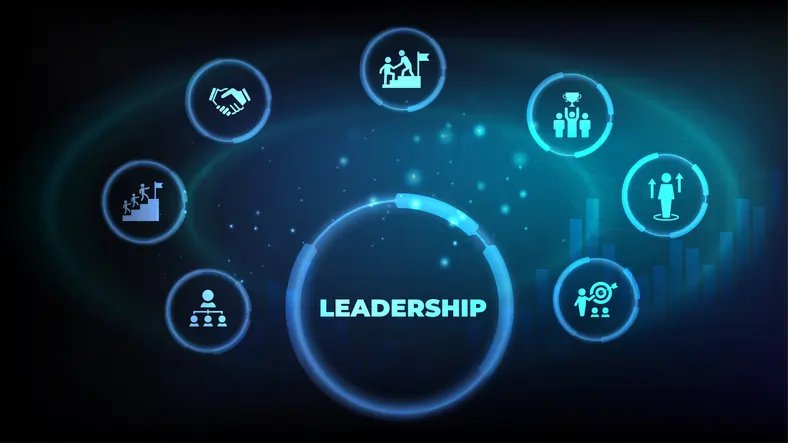Shaping Tomorrow's Leaders: Key Trends in Leadership Development for 2025


In the dynamic business environment of 2025, leadership development is undergoing significant transformation. Organizations are adopting innovative strategies to cultivate leaders capable of navigating complex challenges. Here are the key trends shaping leadership development:teambuildingworld.com
Personalized Leadership Development
Organizations are moving away from generic training programs, focusing instead on personalized development plans that cater to individual leaders' strengths, weaknesses, and career aspirations. This tailored approach enhances engagement and effectiveness, aligning leadership growth with personal and organizational goals. teambuildingworld.com
Measuring Impact and ROI
There is an increased emphasis on assessing the effectiveness of leadership development initiatives. Organizations are implementing metrics to evaluate the return on investment (ROI) of these programs, ensuring they contribute to improved performance and business outcomes. teambuildingworld.com
Adapting to Hybrid and Remote Work
The rise of hybrid and remote work models requires leaders to develop skills in virtual communication, team cohesion, and performance management across dispersed teams. Adaptability and flexibility have become essential traits for effective leadership in this evolving work landscape. forbes.com
Emphasizing Key Leadership Competencies
Critical competencies such as social intelligence, problem-solving, conflict management, decision-making, and coaching are increasingly prioritized. Leaders equipped with these skills are better prepared to guide their teams through uncertainty and drive organizational success.
Building Talent from the Bottom Up
Organizations are focusing on developing leadership capabilities at all levels, not just within senior management. This approach ensures a robust leadership pipeline and fosters a culture of continuous learning and development. teambuildingworld.com
Fostering Human Connection and Trust
In an era dominated by technology, building genuine human connections and trust within teams is paramount. Leaders are encouraged to use technology to enhance relationships, provide regular feedback, and facilitate collaborative learning opportunities. This focus on human-centric leadership promotes employee engagement and well-being.
Integrating Artificial Intelligence (AI) in Leadership
Leaders are increasingly expected to understand and integrate AI into their operations. AI is viewed as a strategic asset that can enhance decision-making, streamline processes, and boost team performance. Leadership development programs now prioritize training on AI literacy, enabling leaders to harness its potential while navigating its ethical implications and limitations. inspiredleadership.world
Promoting Agile Leadership
Agile leadership emphasizes adaptability, collaboration, and responsiveness to change. Leaders adopting this approach foster environments that encourage innovation and flexibility, essential for thriving in fast-paced, uncertain markets. en.wikipedia.org
Prioritizing Sustainability and Social Responsibility
Leaders are increasingly focusing on sustainable practices and social responsibility. This trend reflects a broader cultural shift towards more egalitarian and environmentally conscious organizational structures. By prioritizing employee well-being and ethical practices, leaders can drive meaningful change and position their organizations for long-term success. en.wikipedia.orghortoninternational.com
Leveraging Mentorship and Coaching
Mentorship and coaching are recognized as vital components of leadership development. These practices provide leaders with personalized guidance, support, and opportunities for self-reflection, contributing to their growth and effectiveness. thetimes.co.uk
By embracing these trends, organizations can cultivate leaders who are not only effective in their roles but also capable of fostering innovation, trust, and human connection within their teams. This holistic approach to leadership development ensures that organizations are well-equipped to navigate the complexities of the modern business landscape.
Explore more articles in the Trends category











